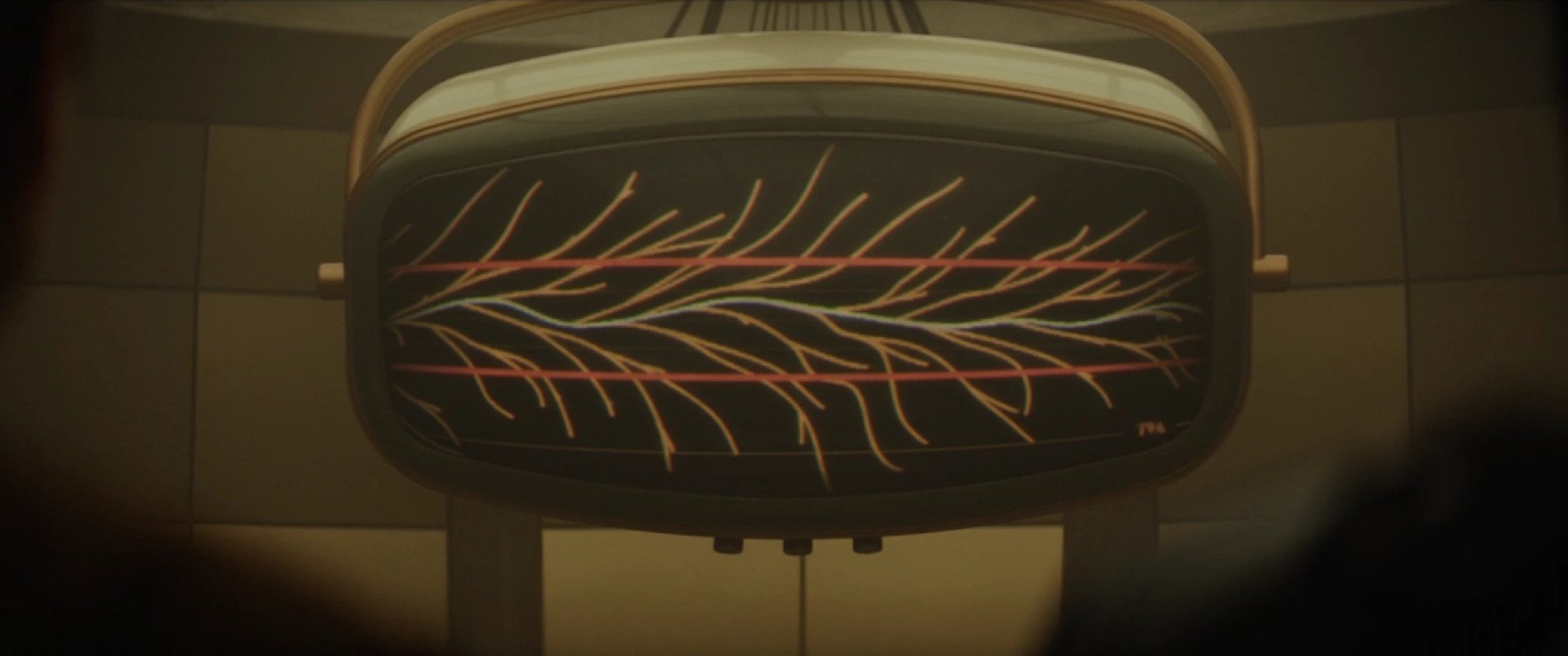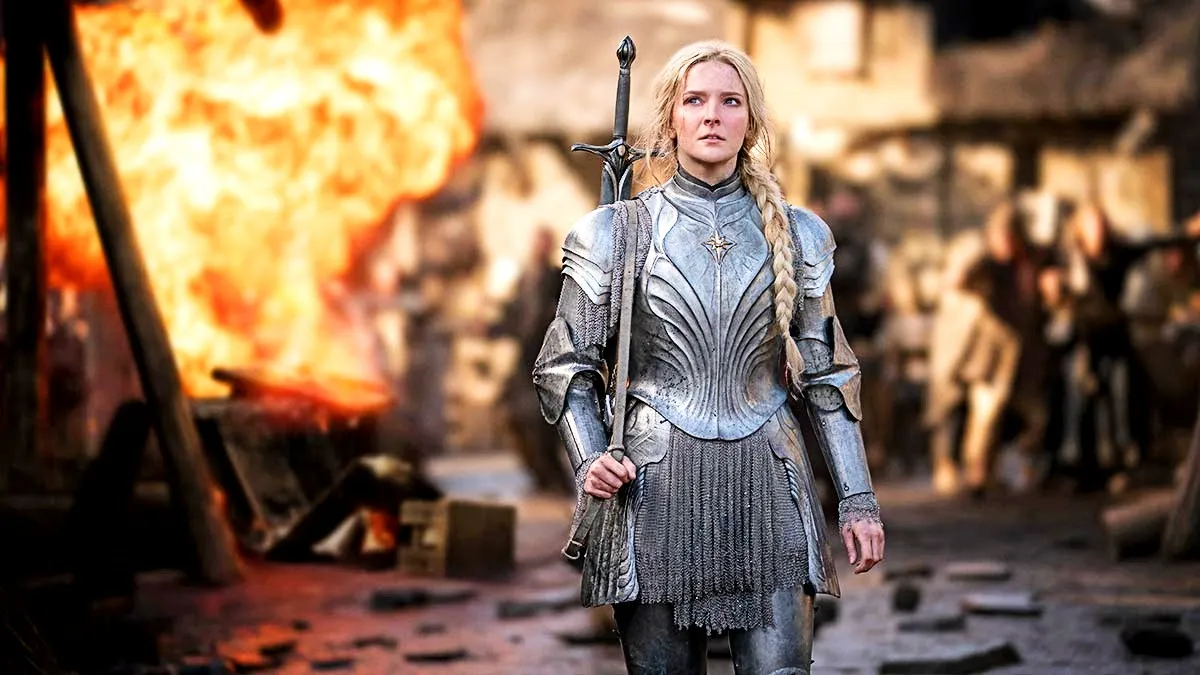Marvel’s Phase 5 kicks off next month with Ant-Man and the Wasp: Quantumania, meaning that Kang the Conqueror is about to make his big MCU debut. While a lot of fans are already rooting for this next “big bad” of the franchise, some are getting scared of the damage he’s going to do while he’s around. With speculation that Ant-Man’s third movie is going to culminate in the death of Scott Lang himself at the hands of Kang, a lot of fans online are already prepared to be out for blood if this ends up coming to fruition. But it’s not Kang they’re getting ready to go after, it’s Sylvie, from the Loki series.
Why is a character who hasn’t even interacted with Ant-Man and is unlikely to show up in Quantumania being blamed for his potential death? The short answer: misogyny and lack of understanding or care about fascism.
The longer answer goes back to the finale of Loki’s first season, when Loki and Sylvie traveled outside of time and space to find He Who Remains, a Kang variant who’d appointed himself ruler of time and created the “Sacred Timeline.” In order to maintain said singular timeline and avoid alternate ones branching off of it and potentially merging—leading to a(nother) Multiversal War—he created the Time Variance Authority (TVA). This time-traveling institution captures “variants”—beings whose actions (unknowingly) led to the creation of a timeline branch—and ensures the branched timelines are “pruned.” This unassuming word actually means that they are sent to the Void at the end of time to be consumed in their entirety by a giant cloud monster (well, until the Lokis defeat it).

Sylvie, being a variant herself, wasn’t too keen on this plan. After spending her entire life running from the TVA after being captured by them as a child, she was finally able to fulfill her mission of murdering the one who set up that system in the first place: He Who Remains. In so doing, she also freed the multiverse. But now that the Kang variants—the ones the Sacred Timeline was designed to prevent from coming into existence—are coming, a new mindset is growing amongst some Marvel fans. You’ve heard of “Thanos was right?” Well, get ready for the sequel: “He Who Remains was right.”
Fans who subscribe to this mindset believe Sylvie was wrong to kill He Who Remains and set the multiverse free because everything was “peaceful” before she did. In other words, the billions of creatures that were being killed on a regular basis via multiversal genocide don’t matter to them because they didn’t have to worry about his variants possibly killing the ones they know and love. It’s a classic example of “if this injustice isn’t affecting me directly, it doesn’t matter”. This sentiment is seen far too often in the real world (obviously with much worse consequences than the ones in a fictional cinematic franchise, but how people react to things in fiction may reveal underlying tells about how they feel about them elsewhere).
Now, this isn’t to say that Sylvie necessarily made the right decision. It was obvious she was laser-focused on her longtime mission and wasn’t thinking clearly when she killed He Who Remains. She believed it would bring her catharsis, but it actually only brought emptiness. Loki’s plan in the episode of taking time to think things through before deciding whether to kill He Who Remains or take up his offer to take over maintaining the Sacred Timeline (or coming up with some third option that allows free will while keeping the multiverse safe from Kang and those like him, which is what I think and hope will be the eventual resolution of the Multiverse Saga) was probably the best route. However, Sylvie’s actions—while not bringing her the closure she’d hoped for—were both understandable from a character standpoint and justifiable when comparing them with the other option laid out on the table.

Unleashing the multiverse brought about the possibility of people dying at the hands of Kang and other horrible beings—and even the likelihood of characters we love biting it while attempting to stop them—but continuing the process of pruning entire timelines guarantees a ton of people will die, without having the chance to make decisions that deviate from a predetermined script or defend themselves from troubles that arise (like, you know, being eaten by a giant cloud monster). It’s a choice between the certainty of death for many or the possibility of life for all.
Sylvie shouldn’t be blamed for the troubles that may (okay, will, but we only know that because this is a fictional media franchise in the middle of a storytelling saga) occur in the MCU moving forward. Blaming her for Kang potentially killing Ant-Man or other characters is a prime example of how quick some people are to blame a woman for a man’s wrongdoings, or paint them as the “irrational woman” stereotype. Trading certain death for many in favor of the chance for them—and so many others—to live isn’t a completely outlandish decision, even if she wasn’t thinking entirely rationally when she did it. Is it any surprise that a lot of these fans also have no sympathy whatsoever for other female characters such as Wanda Maximoff and have a nuance-free view of projects like WandaVision?
So just so we’re clear: if Scott Lang does die in Ant-Man and the Wasp: Quantumania, it’s Kang’s fault, not Sylvie’s. And fans—especially those who loved Spider-Man: No Way Home, which I’m pretty sure is most of them—should actually be thanking her: if the multiverse hadn’t been free, No Way Home would have never happened and we wouldn’t have gotten to see Tobey, Andrew, and Tom all fight together and hug it out afterward!
(featured image: Disney)










Published: Jan 26, 2023 07:58 am